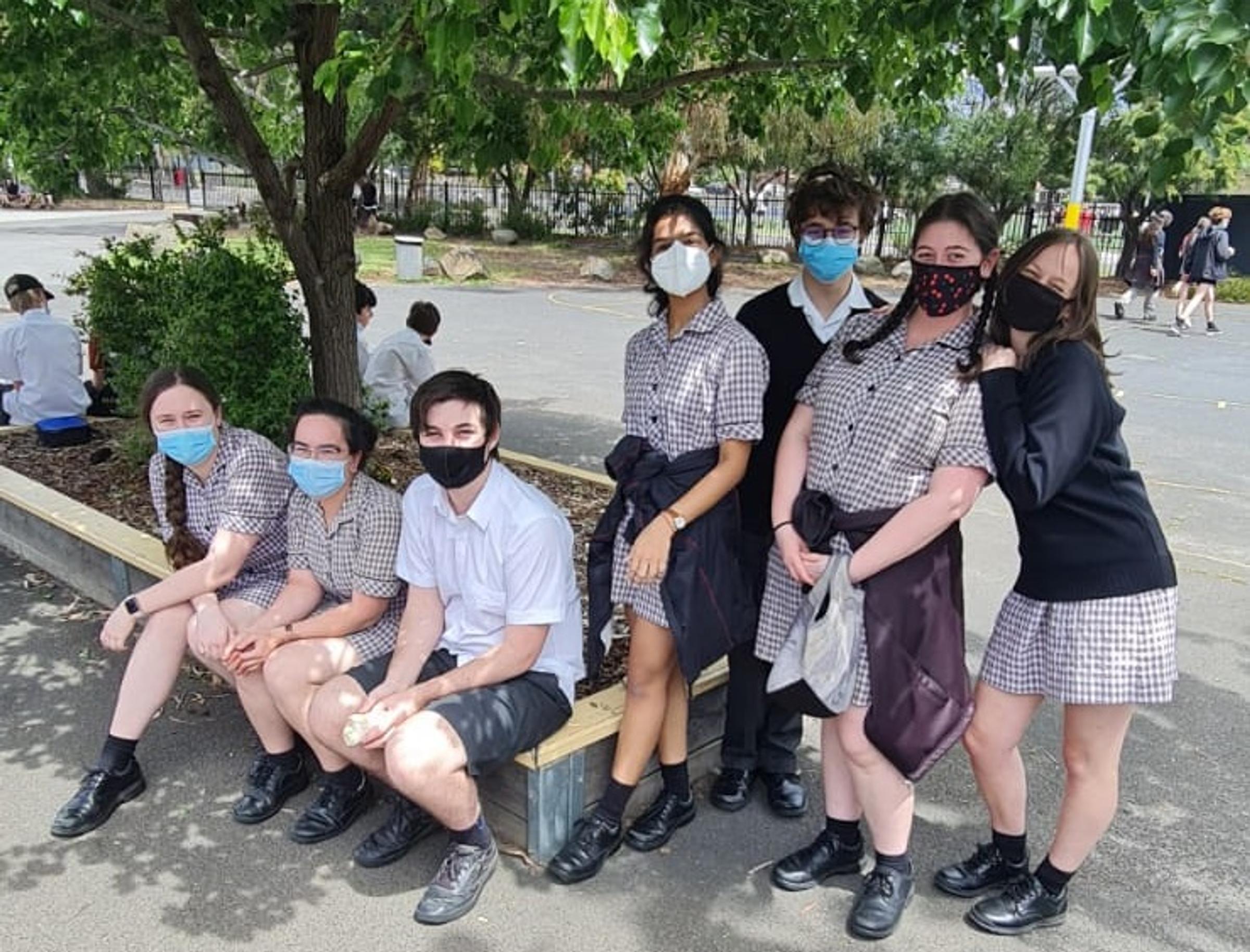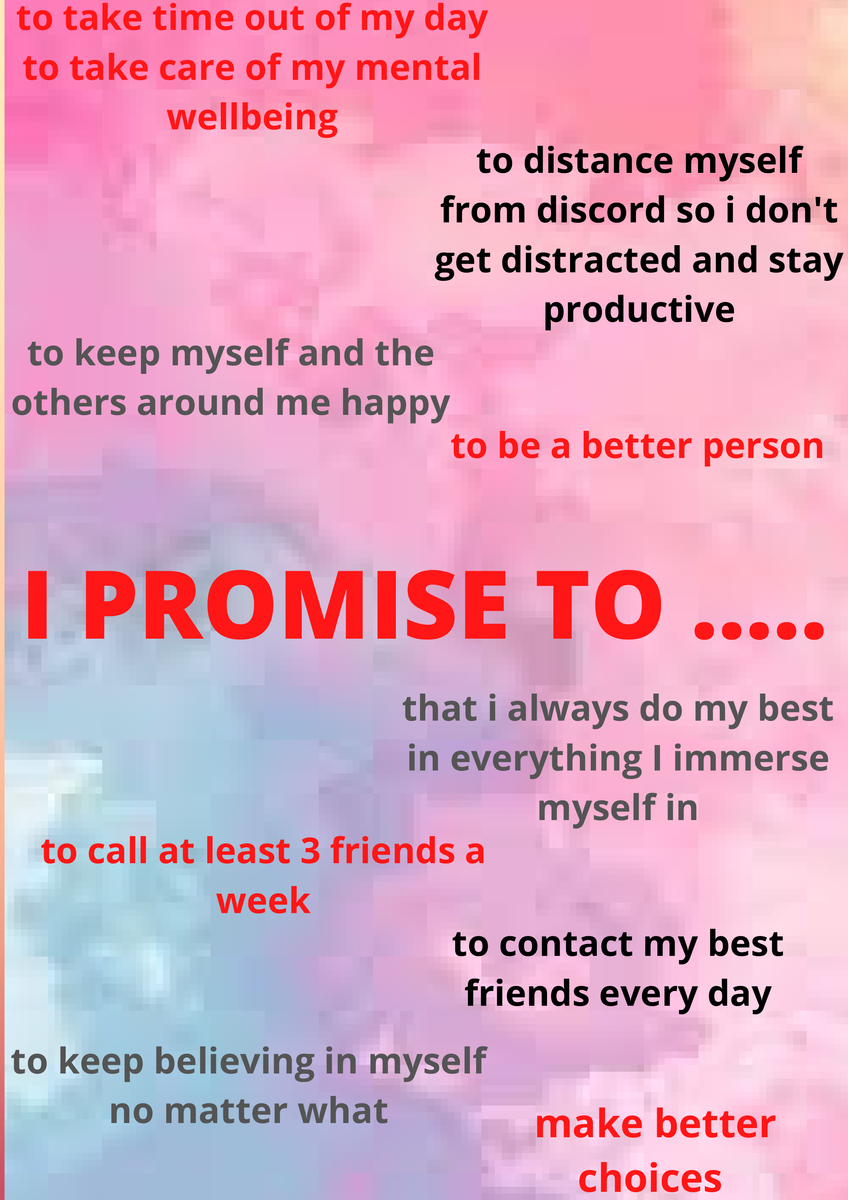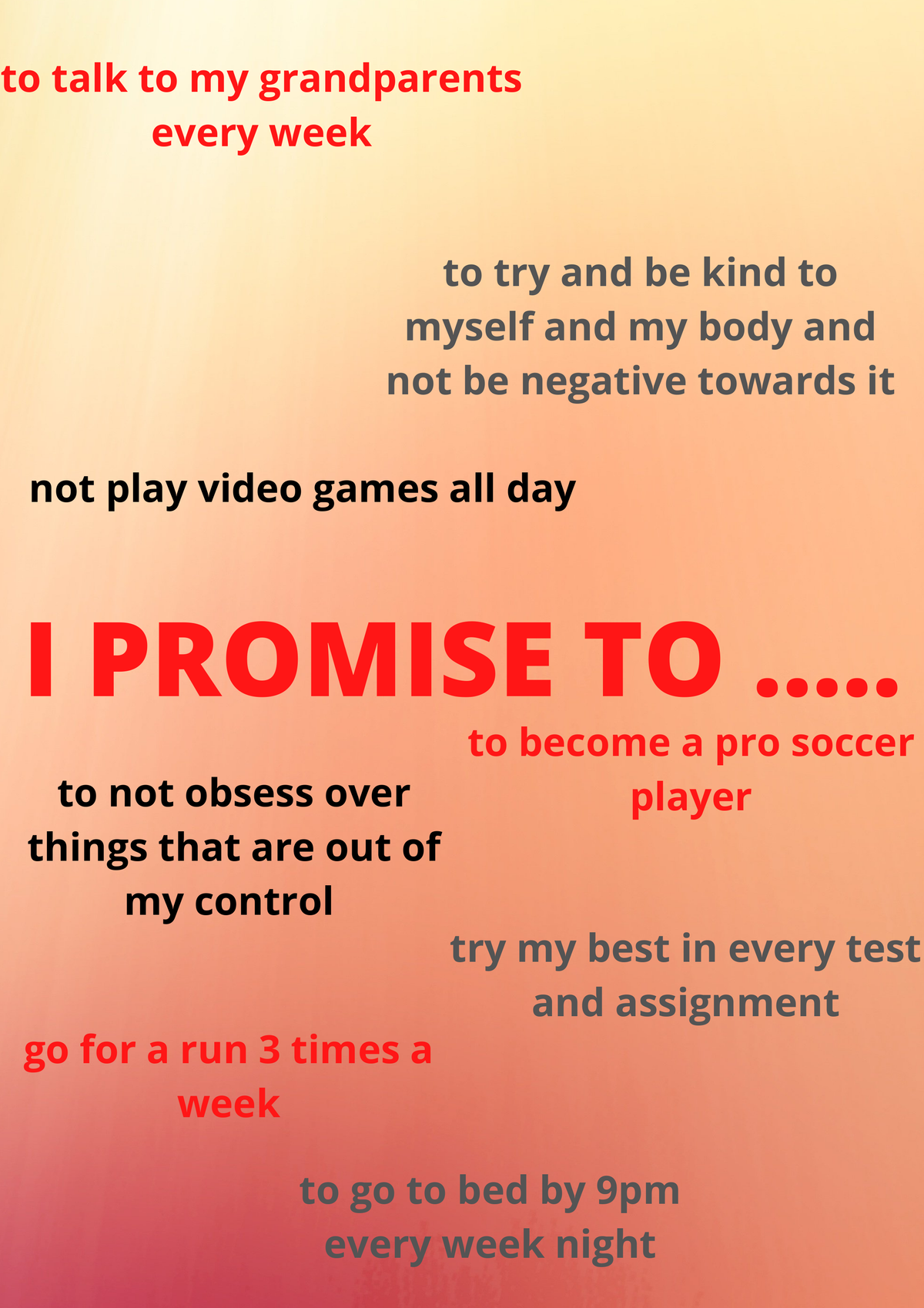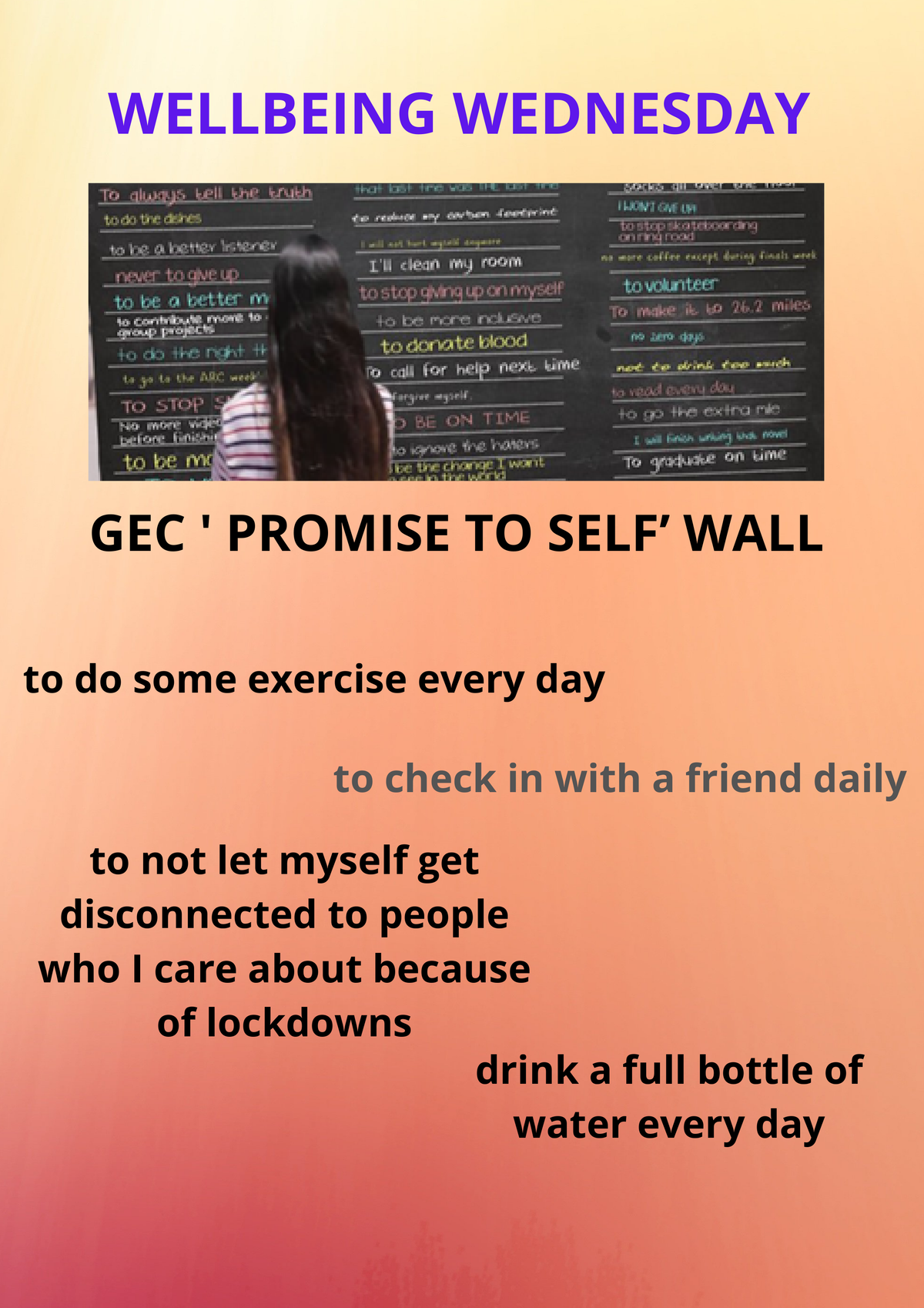Wellbeing @ GEC

Mental Health Week
Mental health has been the focus this term as we all work towards the end of lockdown. Thank you to Christalia, our Adolescent Health Nurse, for the inspiring Mental Health Bulletin.
“Happy Mental Health Week!!
I like to think that spring symbolizes growth and new beginnings. Does covid-19 get in the way of spring happening? Absolutely not, it might just mean that we experience it differently from previous years.
So, how is this relevant to wellbeing? The very existence of spring provides comfort and hope that despite all of the awful things in the world outside of our control, this world still lives on.
This is where gratitude comes in. Gratitude is about paying attention to the things that we have right now, rather than worrying about what we don't have. We can practice this by noticing positives that exist around us. Have a flick through this bulletin for activities to practice gratitude and care for your mental health and wellbeing.”
Check out the full Bulletin via the link below.
During Mental Health Week we promoted a “Promise Wall” where students were asked to make a promise to themselves to commit to one self-care strategy and share that with us.
Thank you to all of our students who shared their self-care promise. Check out a snapshot of some of the promises they made via the link below.
So as you read the great ideas from our students you too may decide to make a promise aimed at supporting your mental health and wellbeing.
Our students should be proud of their resilience during lockdown. It has been a very challenging time. We would like to thank all students and parents who reached out for help. It is so important that our students know it is okay to ask for help.
As we return to onsite learning and celebrate being back together, it is timely to remind ourselves of the need to maintain COVID safe behaviours, including personal hygiene, mask wearing and appropriate distancing.
Please check out the link to a presentation on “Good Hygiene and Infection Control” prepared by Christalia. By following these guidelines we help keep ourselves and our community safe.
We look forward to welcoming back all our students to onsite learning. Please continue to reach out if support is needed.
Safe Steps is Victoria’s 24/7 family violence response centre
During lockdown reports of family violence Australia wide have increased significantly. If you or anyone you know is in need of support you can contact Safe Steps.
The link to the website is provided above. Safe Steps can be contacted via phone, email or online chat. The 24/7 phone number is 1800 015 188.
MYTH: Family violence is rare and doesn’t affect many people.
FACT: Family violence has long been a hidden and underreported problem, but it is a very widespread social issue in Australia and around the world. 1 in 4 Australian women has experienced physical or sexual violence by an intimate partner. Intimate partner violence contributes to more death, disability and illness in Australian women aged 15 to 44 than any other preventable risk factor including smoking, obesity and high blood pressure.
MYTH: Family violence happens because women provoke men.
FACT: It is common for abusers to blame women for provoking them, but there is no excuse for violence. Family violence happens because a person chooses to act violently. Most women experiencing abuse try to do everything they can to please their partner and avoid further violent episodes, but they remain vulnerable to further abuse regardless of their behaviour.
Jenny Sanchez
Wellbeing Leader



